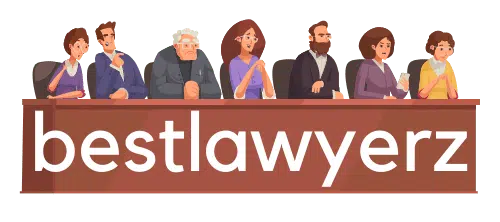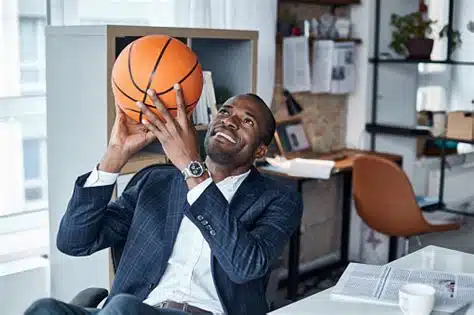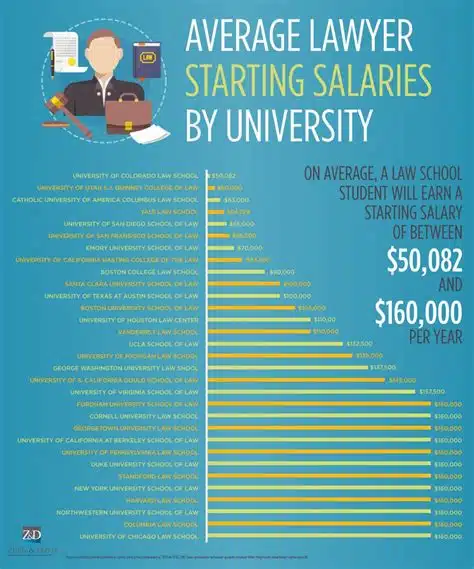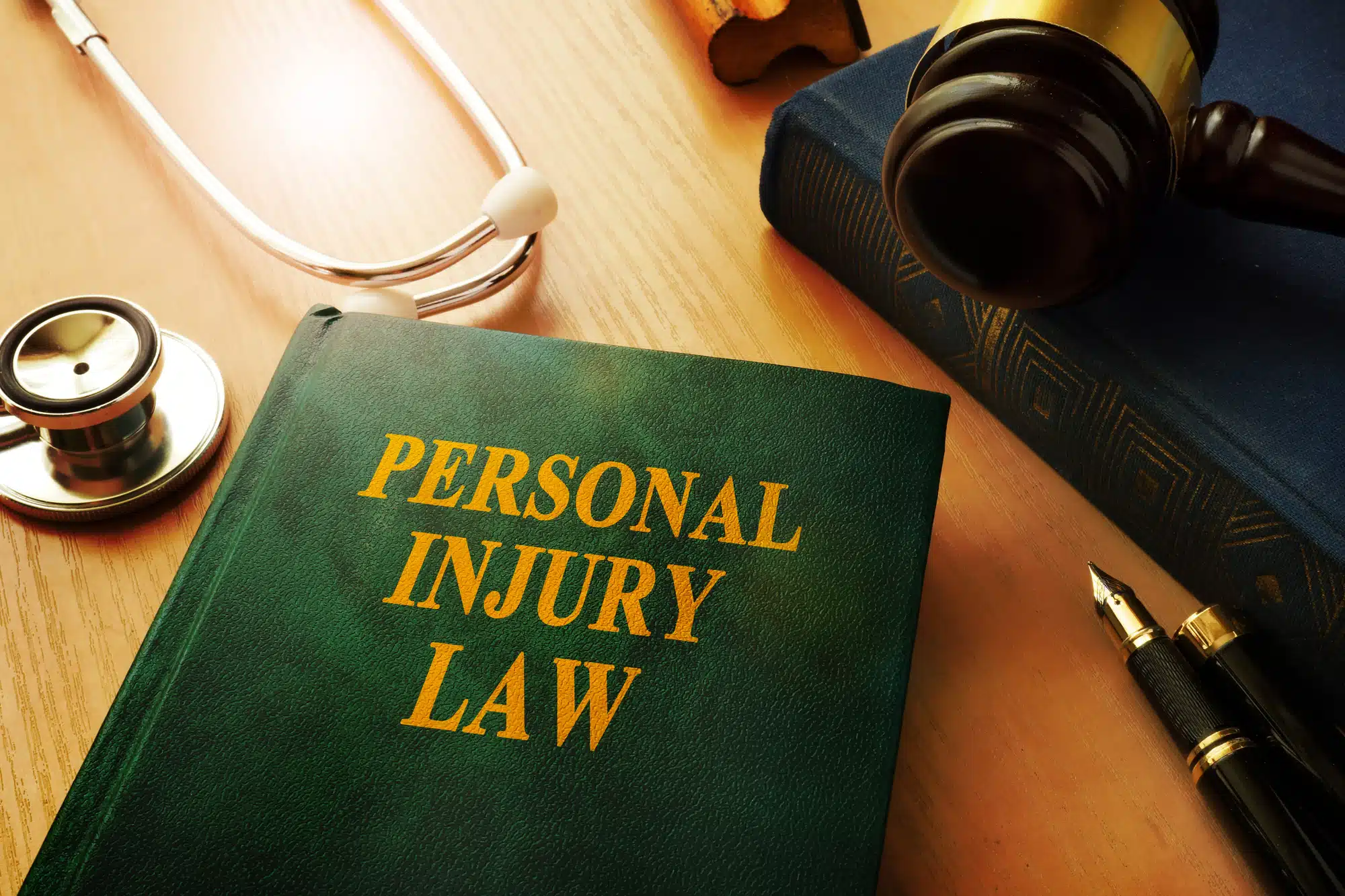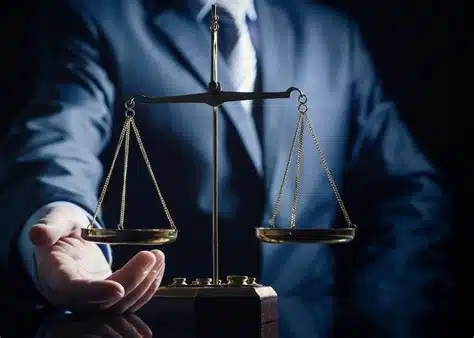Role of a Sports Lawyer
The Role of a Sports Lawyer
A sports lawyer plays a crucial role in the sports industry, providing legal guidance and support for athletes, teams, and organizations. They specialize in understanding and navigating the complex legal issues that arise in the world of sports. From negotiating contracts to protecting athletes’ rights and resolving disputes, a sports lawyer serves as an essential advocate for their clients.
One of the primary responsibilities of a sports lawyer is negotiating contracts for professional athletes. They ensure that the contract terms are fair and favorable for their clients. This involves extensive knowledge of the industry’s standards and regulations, as well as strong negotiation skills. The lawyer carefully reviews the terms and conditions, including salary, bonuses, endorsements, and various clauses, to protect the athlete’s interests and secure the best possible deal.
Another vital aspect of a sports lawyer’s role is protecting athletes’ rights and interests. Whether it’s safeguarding their privacy, ensuring fair treatment by teams or organizations, or fighting against any form of discrimination, the lawyer acts as a legal shield for the athletes. They provide advice, representation, and advocacy to ensure their clients’ rights are respected and protected in the competitive sports environment.
- Resolving disputes in sports through legal means
- Representing athletes in disciplinary matters or investigations
- Helping athletes navigate through the regulatory framework of their respective sports
| Skills required for a sports lawyer | Reasons why sports lawyers are essential |
|---|---|
| – In-depth knowledge of sports law | – Protect athletes’ rights and interests by providing legal guidance |
| – Strong negotiation skills | – Ensure fair and favorable contract terms for professional athletes |
| – Excellent communication and advocacy skills | – Navigate through complex legal issues in the sports industry |
| – Understanding of industry standards and regulations | – Provide representation and support in disputes or disciplinary matters |
In conclusion, the role of a sports lawyer is vital in the sports industry. They serve as advocates for athletes, teams, and organizations, offering legal expertise and guidance. From negotiating contracts and protecting athletes’ rights to resolving disputes and navigating the industry’s complex legal landscape, a sports lawyer plays a crucial part in ensuring fairness and justice in the world of sports.
Legal issues in Sports Industry
Legal issues in the Sports Industry
The sports industry is not immune to legal issues and disputes. In fact, legal matters are an integral part of the sports industry, affecting athletes, teams, organizations, and even fans. It is essential to understand and address these legal issues to ensure a fair and thriving sports environment.
One of the major legal issues in the sports industry is intellectual property rights. Intellectual property, such as team logos, player images, and sport-related trademarks, is valuable and needs protection. Unauthorized use or infringement of these assets can lead to legal battles and financial losses for the involved parties. Sports organizations and individuals must be proactive in safeguarding their intellectual property rights, including registering trademarks and utilizing proper licensing agreements.
Contract disputes are another significant legal issue in the sports industry. Negotiating and drafting contracts for athletes, coaches, and sponsors involves complex legal terms and conditions. Disputes can arise regarding contract breaches, non-payment, termination, or transfer of players. In such cases, lawyers specializing in sports law play a crucial role in mediating disputes and protecting their clients’ interests. They ensure that all parties involved adhere to the terms agreed upon in the contracts and seek legal remedies when necessary.
- Performance-enhancing drugs continue to be a hot topic in the sports industry. The use of banned substances and doping not only undermines the fairness of competitions but also poses health risks to athletes. Sports organizations and regulatory bodies are continually updating their policies and implementing strict anti-doping measures to maintain integrity in sports. Legal issues arise when athletes are accused of using performance-enhancing drugs or challenging related penalties.
- Player safety and liability is another critical legal issue in the sports industry. Contact sports, such as football or ice hockey, raise concerns about the potential for injuries and long-term health consequences for athletes. Sports organizations must establish and enforce safety protocols to mitigate these risks. In case of injuries, legal disputes may arise regarding liability, negligence, medical coverage, and disability compensation.
- Broadcasting rights and media contracts are also primary legal concerns. Sports events have significant commercial value, and broadcasting rights generate substantial revenue. Negotiating and protecting these rights, particularly in the era of live streaming and online platforms, requires meticulous legal attention. Media contracts, licensing agreements, and intellectual property rights management play a crucial role in shaping the broadcasting landscape of the sports industry.
| Common Legal Issues in Sports Industry |
|---|
| Intellectual Property Rights |
| Contract Disputes |
| Performance-Enhancing Drugs |
| Player Safety and Liability |
| Broadcasting Rights and Media Contracts |
These are just a few examples of the legal issues that arise in the sports industry. The dynamic nature of sports, coupled with the commercial and competitive aspects, makes legal expertise essential to ensure fair play, protect rights, and resolve disputes. Sports lawyers, with their specialized knowledge and experience, play a vital role in navigating the complex legal landscape and maintaining the integrity of the sports industry.
Negotiating contracts for professional athletes
When it comes to the world of professional sports, negotiating contracts is a crucial and intricate process. Professional athletes rely on their contracts to secure their financial stability and protect their rights and interests. As a sports lawyer, one of the key responsibilities is to act as a representative for athletes during contract negotiations. Negotiating contracts for professional athletes involves careful analysis, effective communication, and strategic decision-making.
Firstly, it is essential to understand that negotiating contracts for professional athletes requires a deep understanding of the specific sport and the industry as a whole. Each sport has its own unique set of rules, regulations, and market trends that influence contract negotiations. A sports lawyer must keep up to date with the latest developments, salary benchmarks, and contractual obligations within the industry.
Secondly, effective communication plays a pivotal role in negotiating contracts for professional athletes. As a sports lawyer, it is vital to have strong interpersonal skills and the ability to articulate complex contractual terms in a clear and concise manner. Negotiations often involve multiple parties, including team owners, agents, and sponsors. The lawyer must advocate for the athlete’s best interests while maintaining open lines of communication with all parties involved.
Furthermore, strategic decision-making is crucial during contract negotiations. Sports lawyers must carefully analyze the terms and conditions of the contract, ensuring that it aligns with the athlete’s goals, aspirations, and financial expectations. They navigate various clauses such as salary, performance bonuses, endorsement opportunities, and non-compete agreements to secure the best possible outcome for the athlete.
- List:
- Salary negotiation
- Bonus structure
- Length and terms of the contract
- Insurance and injury clauses
- Image rights and endorsements
Table:
| Term | Description |
|---|---|
| Salary negotiation | Discussing and determining the athlete’s base salary and any potential increases |
| Bonus structure | Negotiating the terms and conditions surrounding performance-based bonuses and incentives |
| Length and terms of the contract | Deciding the duration of the contract and any specific provisions or restrictions |
| Insurance and injury clauses | Ensuring that the athlete is adequately protected in case of injuries or career-threatening incidents |
| Image rights and endorsements | Negotiating the usage of the athlete’s image and potential endorsement opportunities |
Overall, negotiating contracts for professional athletes is a complex and challenging task. Sports lawyers play a vital role in advocating for the athlete’s best interests and securing favorable terms. With a deep understanding of the industry, effective communication skills, and strategic decision-making abilities, sports lawyers strive to ensure that professional athletes receive fair and lucrative contracts that protect their rights and interests.
Protecting athletes’ rights and interests
Protecting Athletes’ Rights and Interests
Athletes are the heart and soul of the sports industry. They invest years of hard work, dedication, and passion into their athletic careers. As they strive for excellence on the field, it is essential to ensure that their rights and interests are protected off the field as well. This is where the role of sports lawyers becomes crucial.
Legal Representation for Athletes
Sports lawyers play a significant role in safeguarding the rights and interests of athletes. They provide legal guidance and representation throughout an athlete’s career, from negotiating contracts to resolving disputes. Athletes often rely on their lawyers to help them navigate the complex legal landscape of the sports industry and ensure they receive fair treatment and opportunities.
Negotiating Contracts and Endorsement Deals
One of the primary areas where sports lawyers protect the rights of athletes is in contract negotiations. Negotiating contracts for professional athletes is a multi-faceted task that requires expertise and understanding of the industry’s intricacies. Lawyers negotiate on behalf of the athletes to secure favorable terms, including compensation, benefits, and endorsement opportunities. Their goal is to ensure that athletes’ contractual agreements reflect their true value and protect their long-term interests.
Resolving Disputes and Legal Issues
Sports, like any other industry, is not immune to disputes and legal issues. Whether it’s a contract breach, a violation of intellectual property rights, or a disciplinary matter, sports lawyers are there to advocate for athletes’ rights and resolve conflicts through legal means. They use their knowledge of sports law and regulations to navigate through arbitration, mediation, or litigation processes, always keeping the athlete’s best interests in mind.
Advocating for Fair Play and Anti-Doping Regulations
In addition to contractual matters, sports lawyers also play a vital role in advocating for fair play and adherence to anti-doping regulations. They help athletes understand their rights and obligations in regards to anti-doping policies and ensure they receive fair treatment when facing allegations or disciplinary actions related to performance-enhancing substances. By protecting athletes’ rights in this aspect, sports lawyers contribute to maintaining the integrity of the sports industry.
The Impact of Sports Lawyers
Protecting athletes’ rights and interests is paramount in the sports industry. Without legal representation, athletes may face exploitation, unjust treatment, and unfair contracts. Sports lawyers, with their expertise, experience, and commitment, provide athletes with the necessary protection, enabling them to focus on their game and pursue their dreams with confidence. Their role in negotiating contracts, resolving disputes, and advocating for fair play is undoubtedly crucial in sustaining a fair and equitable sports environment.
Resolving disputes in sports through legal means
Sports are not just about competition and athletic performance, they also involve complex legal issues and disputes. When conflicts arise in the world of sports, it is essential to find effective ways to resolve them through legal means. Resolving disputes in sports is crucial to maintaining fairness, integrity, and the overall reputation of the sporting industry.
One of the common legal methods used to settle disputes in sports is arbitration. Arbitration provides a platform where the parties involved can present their arguments and evidence to a neutral third party. This third party, known as an arbitrator, then makes a binding decision or award based on the facts and arguments presented. Unlike litigation, arbitration is generally less formal, less time-consuming, and offers more flexibility in terms of scheduling and procedures.
Another way to resolve sports disputes is through mediation. Mediation involves the parties working with a neutral mediator to facilitate discussion and negotiation. The mediator helps the parties find common ground and reach a mutually acceptable solution. Mediation can be particularly useful in maintaining relationships and preserving the reputation of the individuals or organizations involved.
Mediation can also be combined with other methods, such as negotiation and settlement conferences, to find a resolution that satisfies all parties involved. Negotiation is the process of bargaining and compromising to reach an agreement. It allows the parties to discuss their interests and concerns openly and work towards a mutually beneficial outcome. Settlement conferences, on the other hand, are more formal meetings where the parties and their legal representatives come together to discuss settlement options.
- Arbitration: A legal method that involves a neutral third party making a binding decision based on presented evidence.
- Mediation: Involves a neutral mediator facilitating discussion and negotiation between the parties to find a mutually acceptable solution.
- Negotiation: The process of bargaining and compromising to reach an agreement that satisfies all parties involved.
- Settlement conferences: Formal meetings where parties and their legal representatives discuss settlement options.
In addition to these methods, litigation may also be used to resolve sports disputes. Litigation involves taking the matter to court and having a judge or jury decide on the outcome. However, litigation is generally seen as a last resort due to its lengthy and costly nature. It is often considered when other methods fail or when the dispute involves significant legal issues that require judicial interpretation or clarification.
| Methods of Resolving Disputes in Sports | Advantages | Disadvantages |
|---|---|---|
| Arbitration | Less formal, more flexible than litigation. | Binding decision may not always be favorable to all parties. |
| Mediation | Promotes open dialogue and maintains relationships. | Non-binding, requires voluntary agreement from all parties. |
| Negotiation | Allows parties to discuss interests and concerns openly. | Requires compromise and may not always result in a resolution. |
| Settlement Conferences | Formal process where settlement options can be explored. | May not be suitable for complex or high-stakes disputes. |
| Litigation | Allows for judicial interpretation and clarification of legal issues. | Expensive, time-consuming, and may damage relationships. |
In conclusion, resolving disputes in sports through legal means is essential for maintaining fairness, integrity, and the overall reputation of the sporting industry. Whether through arbitration, mediation, negotiation, settlement conferences, or litigation, finding a resolution that satisfies all parties involved is crucial. Each method has its advantages and disadvantages, and the choice of approach will depend on the nature and complexity of the dispute at hand. By utilizing these legal means, sports organizations and individuals can navigate conflicts effectively and uphold the principles of fairness and justice in the world of sports.
Frequently Asked Questions
Question 1: What is the role of a sports lawyer?
A sports lawyer provides legal advice and representation to athletes, teams, sports organizations, and other stakeholders in the sports industry. They handle various legal matters including contract negotiations, intellectual property disputes, doping allegations, and disciplinary actions.
Question 2: What are some common legal issues in the sports industry?
Common legal issues in the sports industry include contractual disputes, player transfers, intellectual property infringements, sponsorship and endorsement agreements, disciplinary matters, anti-doping violations, and labor disputes.
Question 3: How does a sports lawyer negotiate contracts for professional athletes?
A sports lawyer negotiates contracts for professional athletes by carefully reviewing the terms and conditions, negotiating favorable terms on behalf of the athlete, ensuring compliance with league regulations, and protecting the athlete’s rights and interests during the negotiation process.
Question 4: How do sports lawyers protect athletes’ rights and interests?
Sports lawyers protect athletes’ rights and interests by providing legal counsel on matters such as image rights, trademark protection, privacy rights, and endorsement agreements. They also ensure fair treatment, proper compensation, and adherence to anti-doping regulations.
Question 5: Can sports lawyers help resolve disputes in sports through legal means?
Yes, sports lawyers can help resolve disputes in sports through legal means. They can initiate legal proceedings, represent clients in arbitration or mediation, negotiate settlements, and advise on strategies to reach a favorable resolution for their clients.
Question 6: What steps should athletes take if they believe their rights have been violated?
If athletes believe their rights have been violated, they should consult with a sports lawyer to assess the situation and determine the best course of action. This may involve filing a complaint, pursuing legal action, or seeking alternative dispute resolution methods such as mediation or arbitration.
Question 7: How should athletes choose a sports lawyer?
Athletes should choose a sports lawyer who specializes in sports law, has experience in handling similar cases, has a good reputation, and understands the unique dynamics of the sports industry. It is important to have a lawyer who can effectively communicate, negotiate, and protect the athlete’s best interests.
